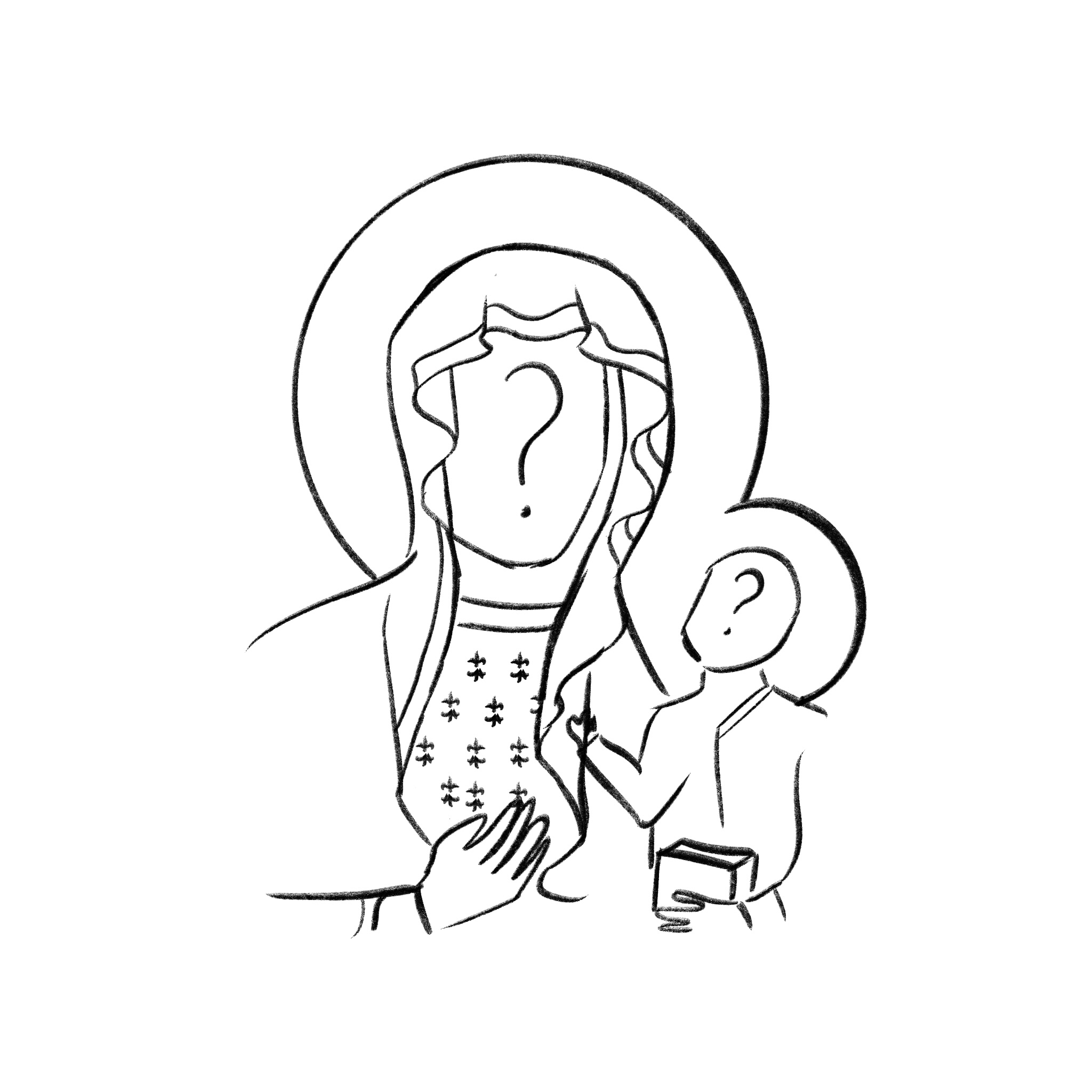Lives unlived
October 11, 2024
 This
piece represents the opinion of the author
.
This
piece represents the opinion of the author
.
 Henry Abbott
Henry AbbottIn what was no doubt the highlight of last week’s edition of the Bowdoin Orient, the first entry into the column “Poetic Vistas” argued for the reemergence of democratic poetry. There is, of course, validity to this argument. However, there are also limitations. Within the very same column, a far more fertile alternative to poetry was shortly voiced.
Quoting from “Our Town,” the column goes:
“Do any human beings ever realize life while they live it?—every, every minute? … The saints and poets, maybe—they do some.”
The column continues to follow not the former, but the latter. Sensible enough.
Religion long ago lost its potency. How many Bowdoin students truly identify with their religion? How many live their lives with religion as their guiding star? Perhaps I’m wrong, but I don’t think it’s many of us. And I would not even begin to venture against this non-religiosity. In fact, I think skepticism towards the religious is conducive to broader thinking. What I do not think, though, is that we ought to forget the saints.
Sure, our great American poets may “rot on the vine,” but what about our saints? Can you even think of an American that the Vatican has beatified? I know I can’t. This aside, it’s not Christian saints I intend to explore. It is, rather, the concept and position of “saintliness” itself.
What makes a saint? I suppose, as I’m not the pope, I’m not exactly fit to answer this question. Nonetheless, I think it is important to consider. A saint, it seems to me, is someone who exemplifies the purest and fullest aims of an ideal.
For Catholics, sainthood involves divine miracles. This makes perfect sense. Catholicism, a religion heavily concerned with flesh and deeds, requires proof of physical holiness. Once the individual demonstrates their aptitude for the outwardly divine, they become a candidate for sainthood. But we are not, at the moment, concerned with the Catholic Church. We are, as the column noted, concerned with America.
What if, instead of the strictly religious saint, we thought of the American saint? The democratic saint. The figure who represents the ideals of America, which the country itself has never fulfilled. Who might we think of? Only a handful of people (at least, only a handful which most can agree on): Martin Luther King, Jr., Harriet Tubman, perhaps Abraham Lincoln and maybe a couple more. These are figures who have inspired and enacted real change in America. They did not only point to ideals but also lived them. Yes, “our poets lead us down paths of greater morality.” Yes, they allow us to “examine ourselves and recognize our parts in their words.” But can they always create the change they call for?
I’m not saying we don’t need poetry. What I’m saying is that we cannot forget our saints. We need both.
We need Harriet Beecher Stowe, and we need Abraham Lincoln. We need James Baldwin, and we need MLK. We need the poets to inspire us, sure, but we need the saints to fulfill the promise of poetry. Without the saints, poetry is merely empty words upon empty pages. The true meaning of poetry is only revealed when saints bring it to life. The poets, as the aforementioned column says, must point the way towards what is inside us all.
Of course, one might point out that if saints need poets for inspiration, then what we really need is poetry. But we have poetry! Search for it, search widely! It is up to you to find it, and more than that, to read it! I cannot tell you what to read, but I can promise it is out there.(Read “Poetic Vistas,” for a start!) But once you have read it, you must live it.
We have plenty of poetry, but we have few saints. Be true to the ideals of poetry, be a saint. Live the lives that today are unlived.
Patrick Sullivan is a member of the Class of 2026.

Comments
Before submitting a comment, please review our comment policy. Some key points from the policy: